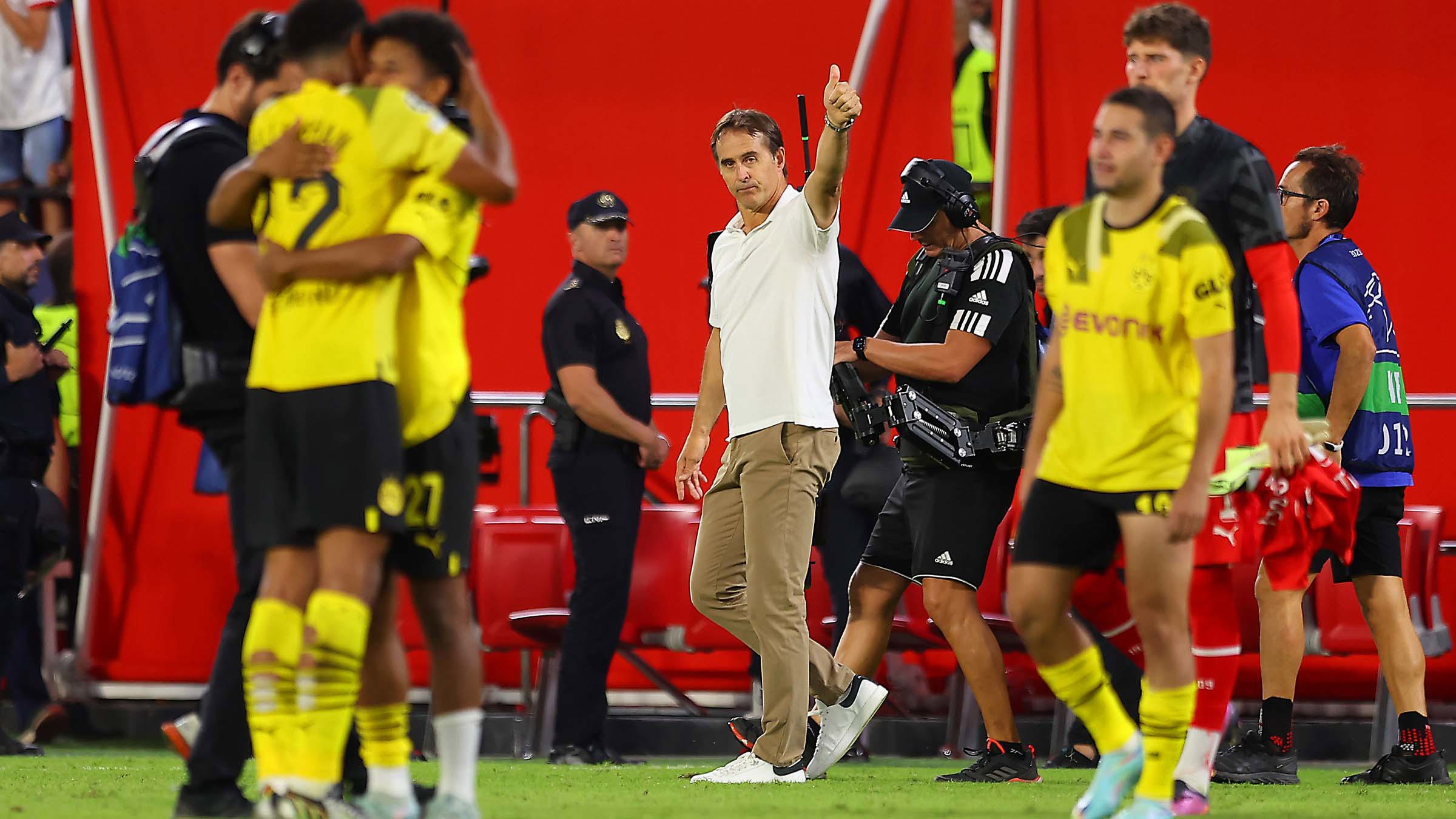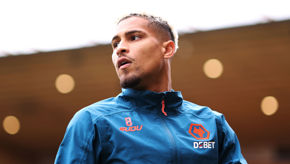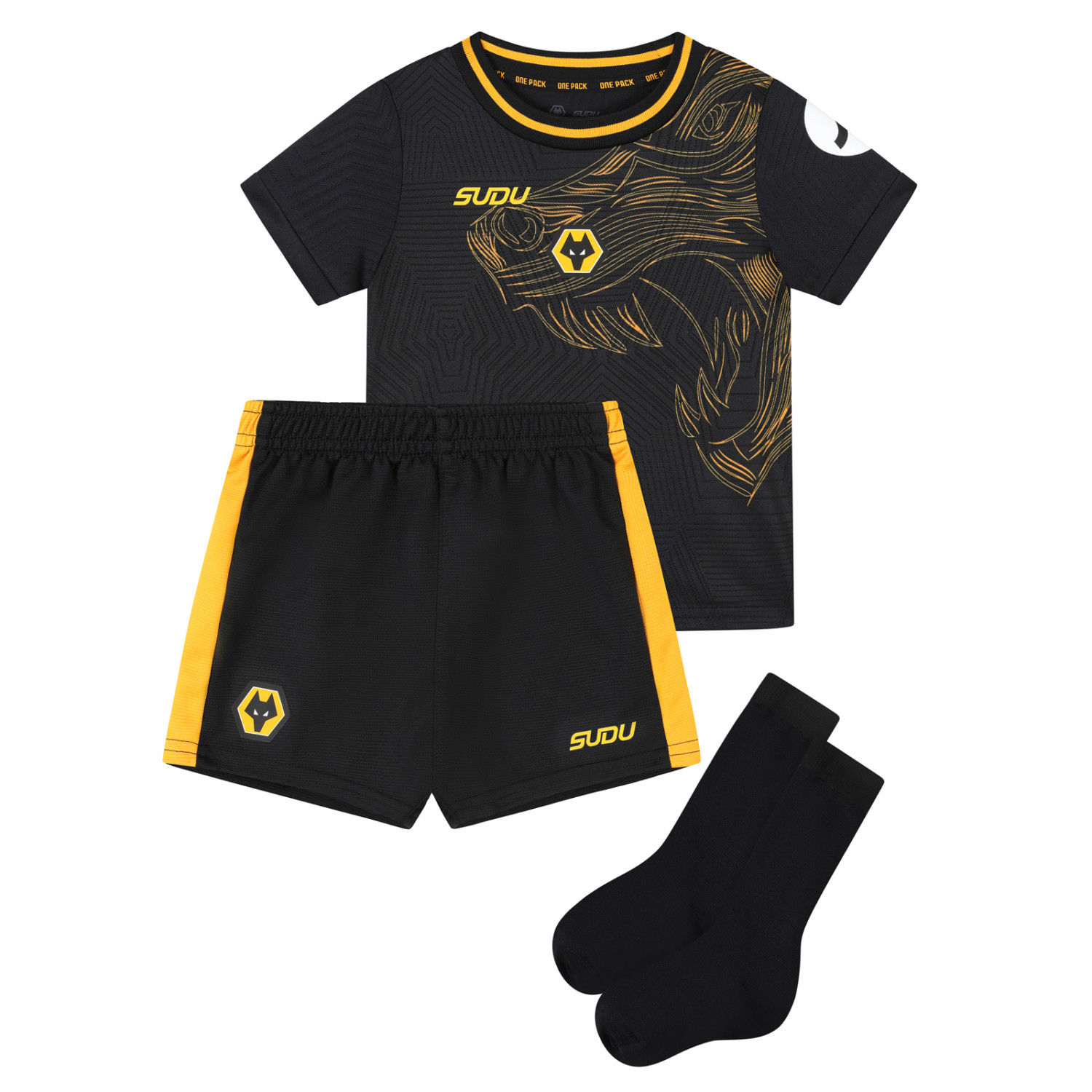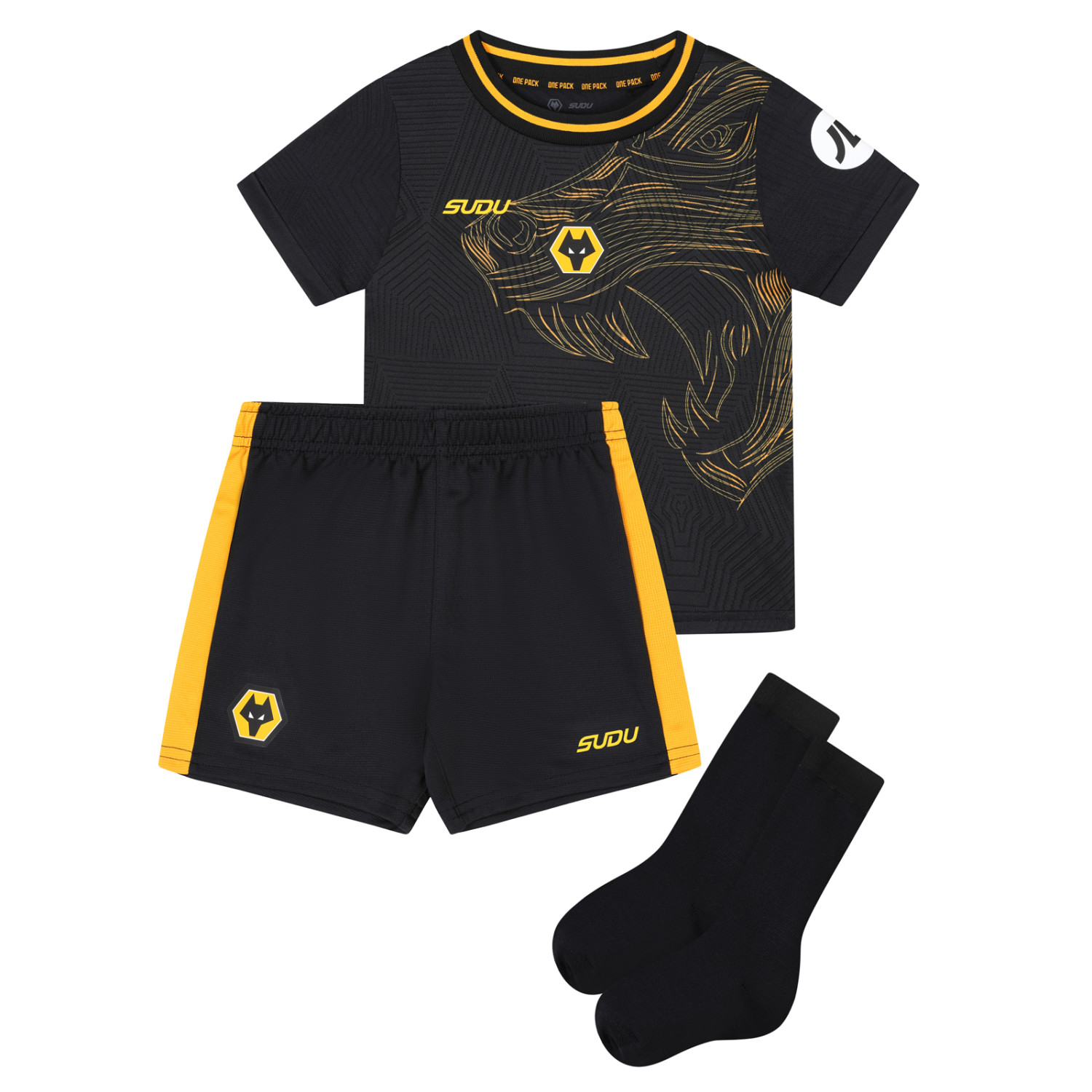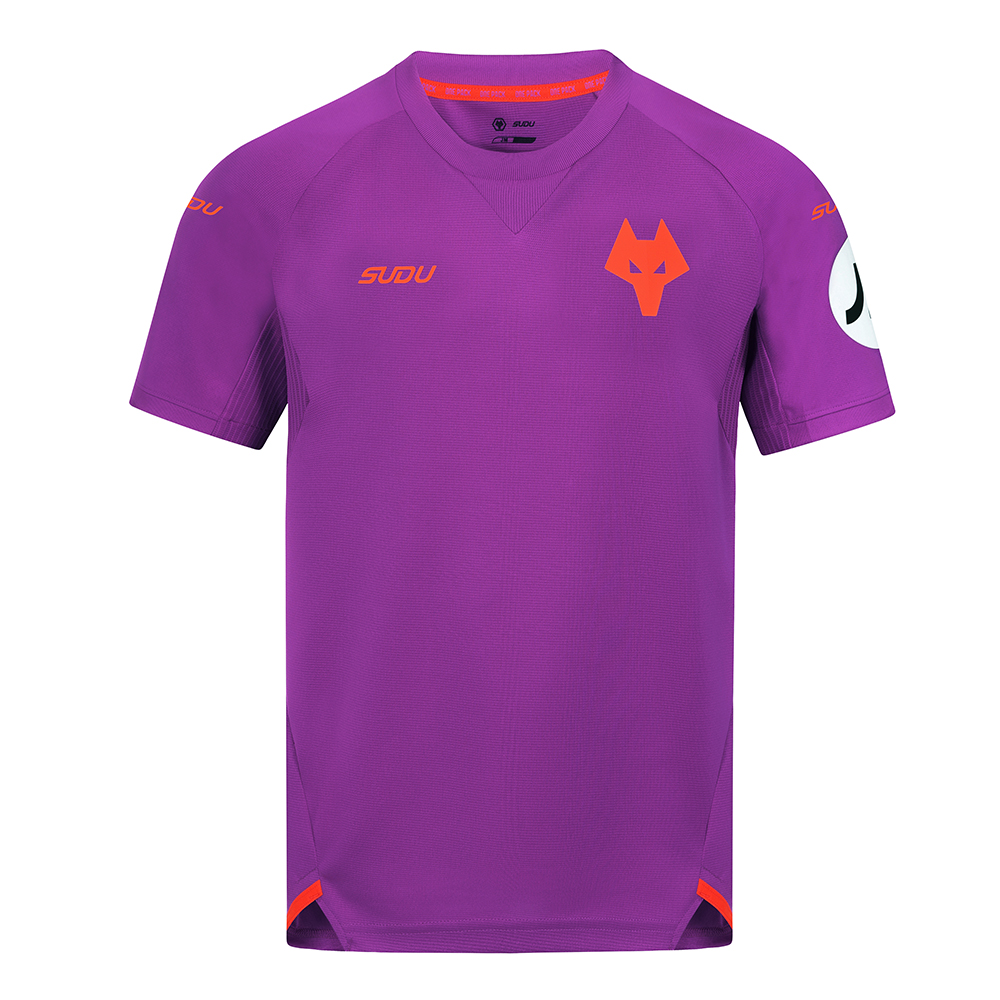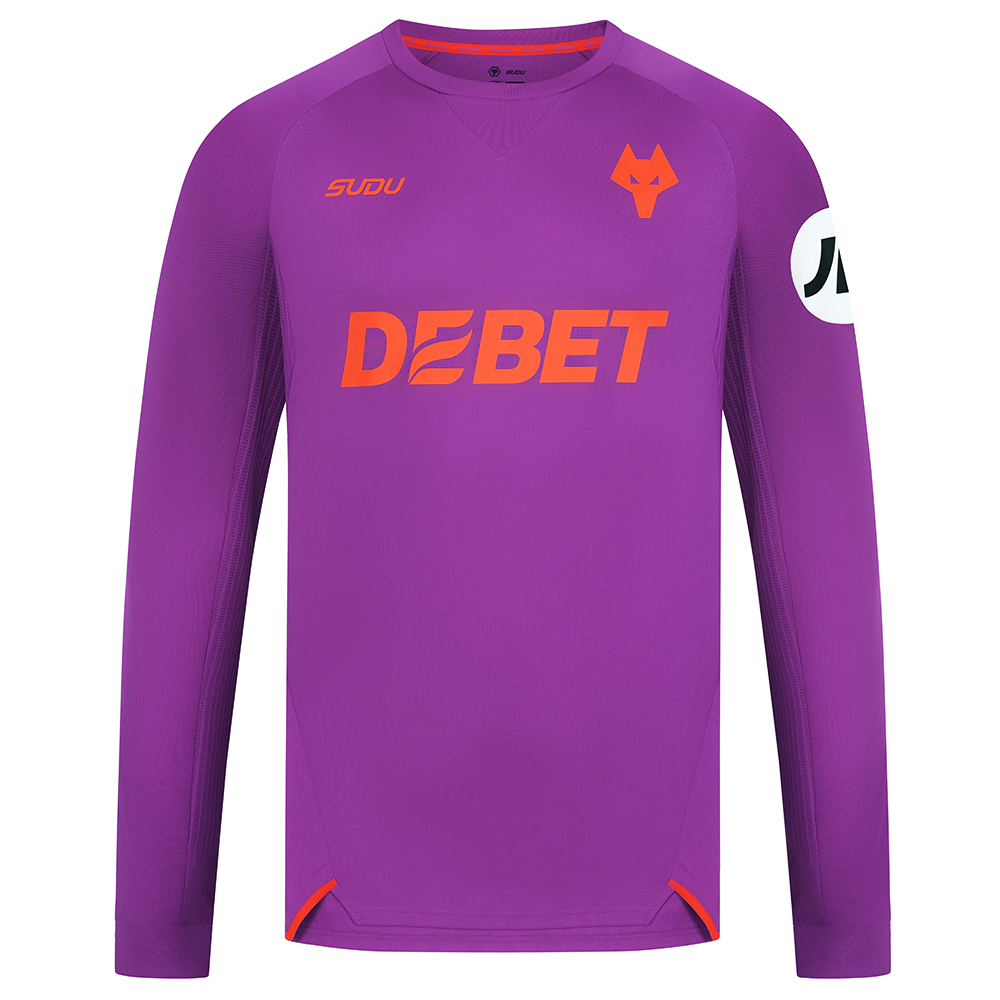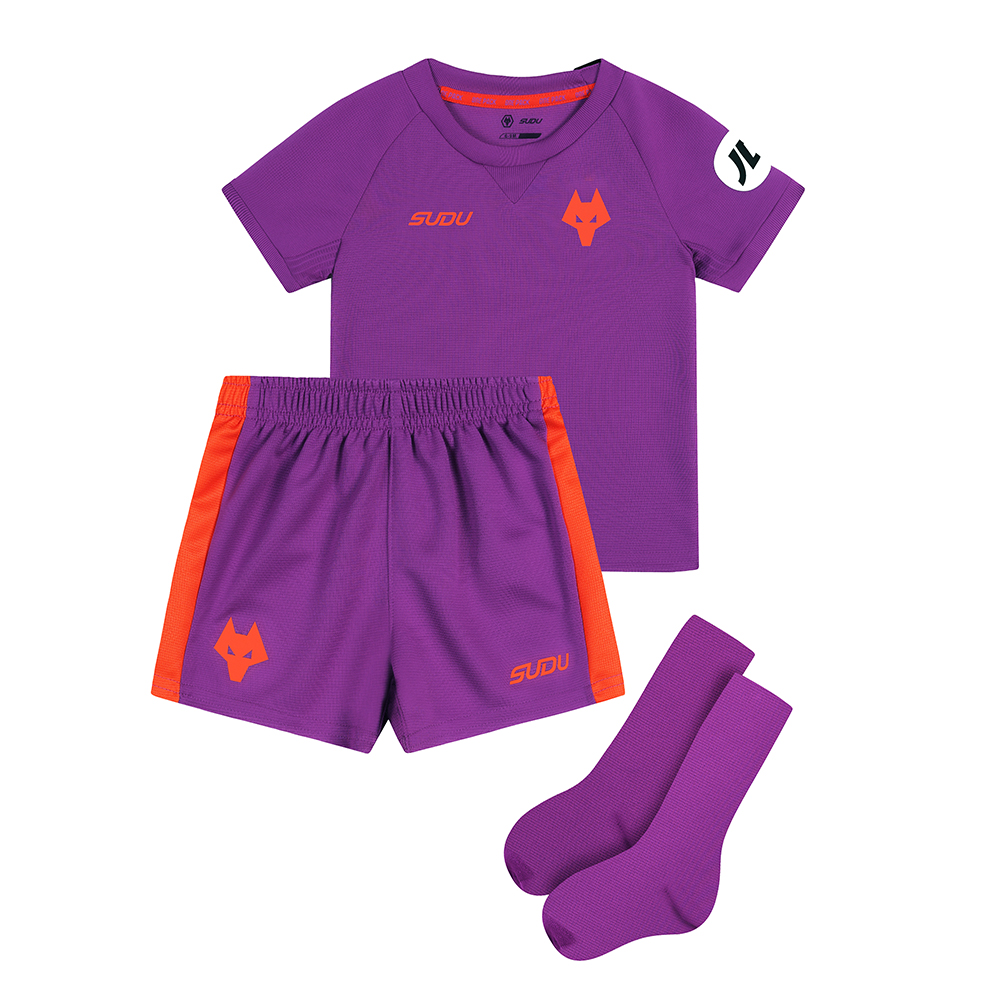As the Spaniard is unveiled as the new head coach at Molineux, wolves.co.uk explores the 56-year-old’s career in the game so far, which has seen the former Real Madrid and Barcelona goalkeeper turn into one of the most sought-after coaches in Europe.
#1 From goalkeeping to coaching
A 17-year playing career saw Lopetegui move around the Spanish leagues, after beginning in the youth set-up of Real Sociedad. After a move to Real Madrid in 1985, a 19-year-old Lopetegui began playing for the club’s B team, while enjoying a loan spell at Las Palmas, before making his only La Liga appearance for the Galacticos in a draw with neighbours Atletico Madrid. He went on to represent CD Logrones – which saw him earn his one international cap – and Barcelona where he battled for the number one spot at the Nou Camp before moving to his final club, Rayo Vallecano.
Having retired from the game at the age of 36, Lopetegui soon moved into coaching, as he backed up Juan Santisteban with Spain’s under-17s. He was in the backroom team as the side turned out at the 2003 European under-17 Championship which saw Spain top their group, ahead of England Italy and Israel. Victory over Austria in the semi-final set up a final with a Portugal side that included one Joao Moutinho, but it ended in disappointment for Lopetegui as the Portuguese secured a 2-1 win.
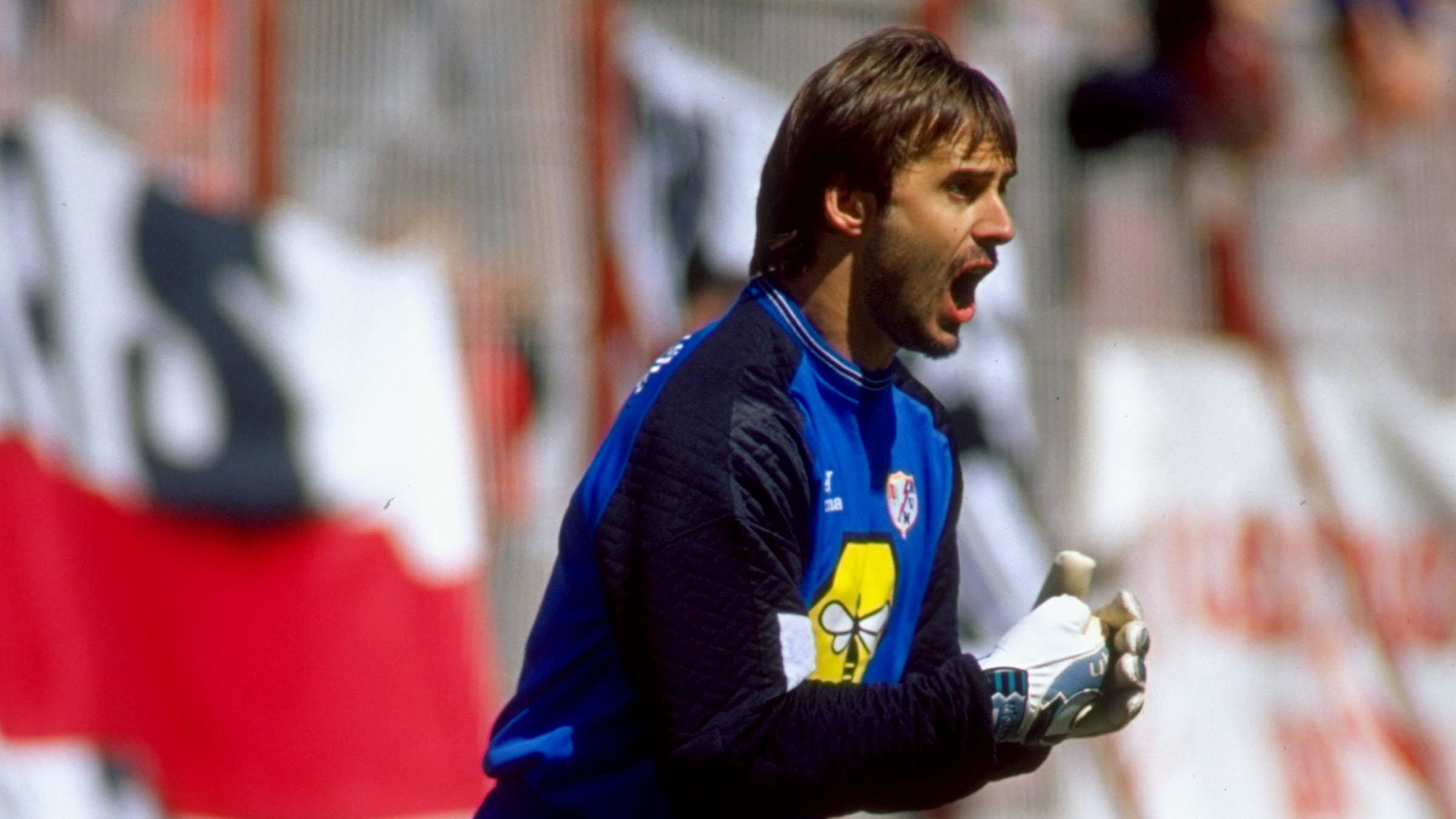
#2 Making a name for himself
Following a disappointing spell with former club Rayo, Lopetegui ventured into the media, working as a commentator covering Spanish football, including a stint at the 2006 FIFA World Cup where he worked for LaSexta, but the pull of coaching was too strong. He returned to the hotseat in 2008, taking on a role with another of his former club, Real Madrid Castilla – the club’s B-team, in the Spanish third tier. Making a name for himself in the lower leagues, the Royal Spanish Football Federation came calling, which saw him coach at various youth levels on the international stage – winning the 2012 European under-19 Championship (with a side that included a young Jonny) and the 2013 Under-21 Euros.
Just a week after leaving his national teams role, Lopetegui made a return to club football as he was appointed as Porto boss, taking the approach he oversaw with Spain under-21s successful European championships to Portugal, where both teams would employ a passing game which favoured technically gifted midfielders, while also being followed by seven Spanish players, including Oliver Torres and Cristian Tello. During his time at the Estadio do Dragao, Porto developed a very attacking 4-3-3 formation with which they built a solid defensive line which created an overload of two pivots in midfield which would in turn contribute to their attacks. Another feature of Lopetegui’s Porto side was the employment of a false nine or a withdrawn striker which would draw a central defender out of position to create an imbalance in the opposing defence.
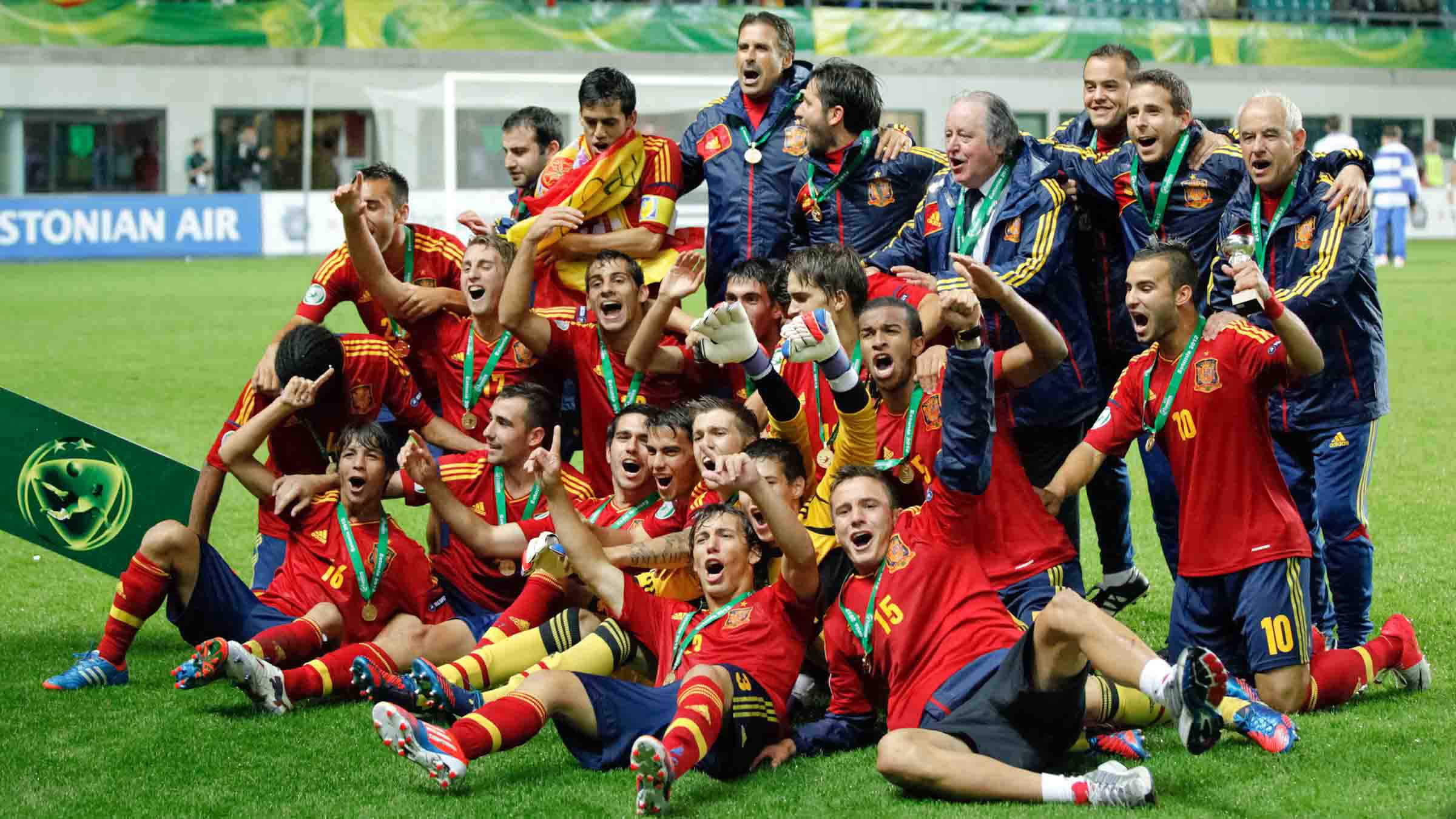
#3 On the big stage
During two years at Porto, Lopetegui reached the quarter-finals of the Champions League – a campaign in which he gave a debut to a young Ruben Neves, who would become the youngest Portuguese player to appear in the competition and also the youngest player to captain a side in the tournament. He returned to Spain in the summer of 2016, this time as the national team’s boss following the retirement of Vicente del Bosque, and he was tasked with rebuilding the side – without changing the identity which had brought them such success in the previous 10 years. After a 2-0 friendly win over Belgium in his first game in charge, Lopetegui led Spain to the 2018 World Cup on an undefeated run, by winning nine and drawing one of their qualification group games.
Days before the competition, it was announced that Lopetegui would take over as the head coach of another of his former clubs, Real Madrid, after the World Cup. During his time at Madrid, Lopetegui applied his tried and tested 4-3-3, which often became a 4-2-3-1, where full-backs provided the attacking width so that those in more advances positions could focus on finding spaces in the central areas of the pitch. Unfortunately for Lopetegui, his time with Madrid would last just four months and 14 matches, of which he won six. But a defeat to Barcelona in El Classico proved to be the nail in the coffin for his short tenure at the Santiago Bernabeu Stadium.
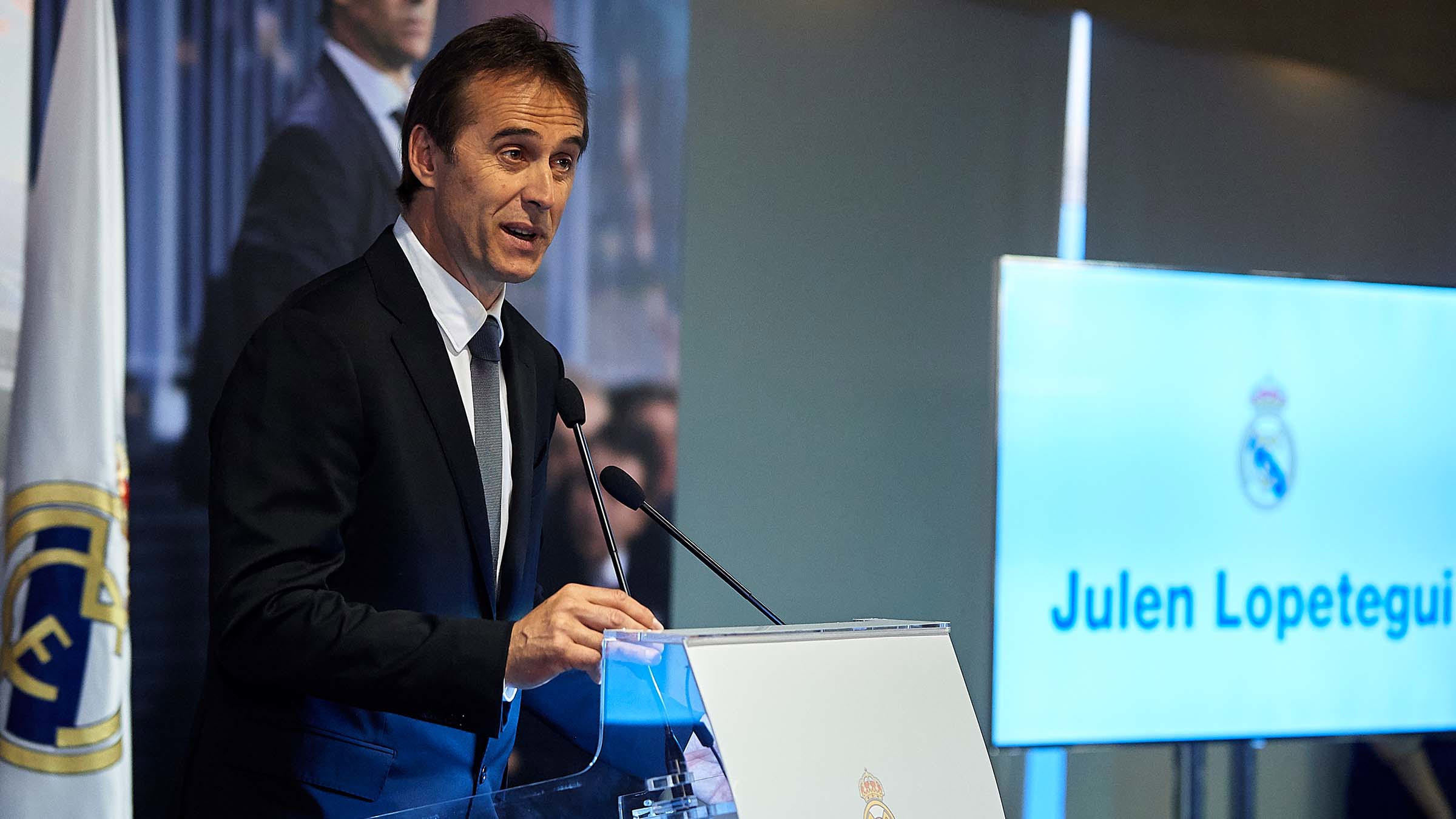
#4 European silverware
Lopetegui’s next – and most recent – role in the game was arguably his most successful. In June 2019, he was named as the new manager of Sevilla on a three-year contract. During his time in charge at the Estadio Ramon Sanchez Pizjuan, the club were rewarded for giving Lopetegui the time that Real did not. He once again favoured the 4-3-3 and 4-2-3-1 systems, which allowed them to demonstrate a sense of balance, which were complimented in the final third with overloads. Sevilla’s defence was similarly organised to his Porto and Spain sides, which would see a mid-block in a 4-1-4-1, or a high press from a 4-3-3. Both of these systems rely on the versatility of the central midfielders.
In his first season, Lopetegui and Sevilla finished fourth in La Liga, helping them qualify for the Champions League, while also lifting his first piece of club silverware as manager as he guided the team to the 2019/20 UEFA Europa League. Having finished top of their group, Sevilla knocked out CFR Cluj in the last 32, before a 2-0 win against Roma in the last 16, which was reduced to a single leg due to the Covid-19 pandemic. This set up a quarter-final clash with Wolves out in Duisberg, Germany, and thanks to a narrow 1-0 win over his new employees, they reached the final four, where they faced and overcame Manchester United before Inter Milan to secure Sevilla’s record sixth Europa League title.
During the seasons that followed, Lopetegui continued to place Sevilla as ‘the best of the rest’ in La Liga behind the juggernauts of Real Madrid, Barcelona and Atletico Madrid, as he earned successive fourth placed finishes. These results helped to maintain the club’s place in the Champions League group stages, finishing runners-up behind Chelsea 2020/21, which saw them reach the knockout stages, while a third-place last season meant they would drop into the Europa League, that would ultimately end at the hands of West Ham United. Having taken a short break from management for personal reasons, Lopetegui is now in the job he was touted for all the way back in 2016, and as long-term admirers of the Spaniard, the Wolves hierarchy are confident that the success he has tasted at both club and international level during an esteemed career will translate in the Premier League with the old gold.
